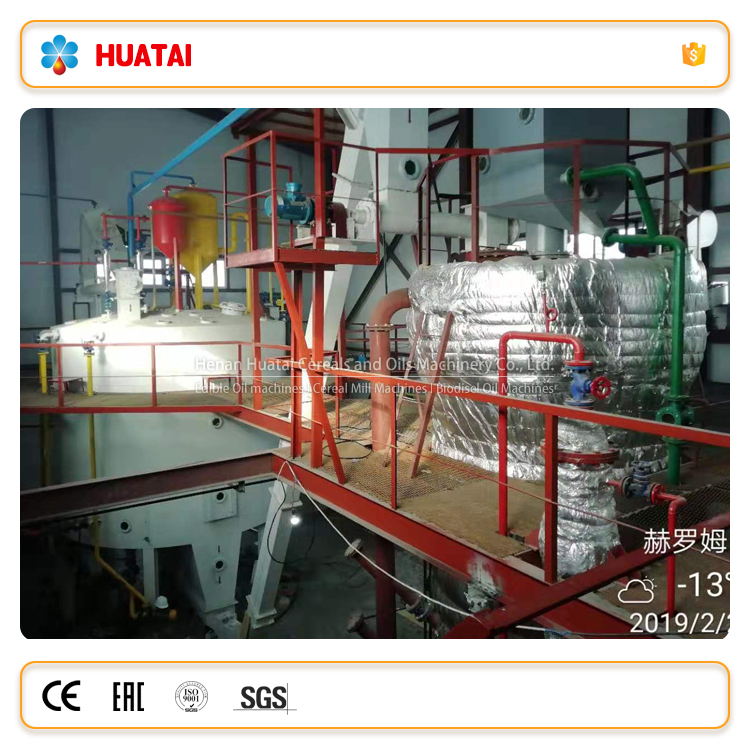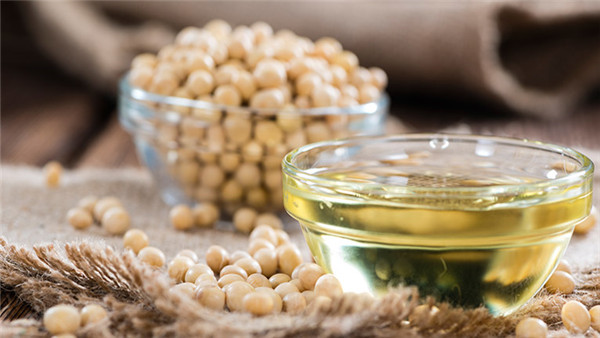In the field of oil extraction, screw oil presses play a pivotal role. The performance and lifespan of these machines are significantly influenced by the wear-resistant materials used in their key components. Wear-resistant materials serve as the backbone of screw oil presses, ensuring their efficient and stable operation over an extended period.
The screw shaft, cage, and cake discharging mechanism are the most critical parts of a screw oil press. Each of these components has specific requirements for the wear-resistant materials.
The screw shaft, which is responsible for the main squeezing action, requires materials with high hardness to withstand the intense pressure during the oil extraction process. At the same time, it also needs good toughness to prevent cracking under high stress. The cage, which holds the components in place, needs materials with excellent corrosion resistance to protect against the corrosive nature of some oilseeds and the working environment. The cake discharging mechanism, which needs to operate smoothly, requires materials with low friction and high wear resistance.
There are several types of materials commonly used in screw oil presses, including alloy steel, stainless steel, and special composite materials. Each has its own advantages and disadvantages and is suitable for different scenarios.
| Material Type | Advantages | Disadvantages | Suitable Scenarios |
|---|---|---|---|
| Alloy Steel | High hardness and strength, good wear resistance | Relatively poor corrosion resistance | High-pressure and high-stress working conditions |
| Stainless Steel | Excellent corrosion resistance, good appearance | Lower hardness compared to alloy steel | Corrosive working environments |
| Special Composite Materials | Can combine the advantages of different materials, customized performance | Higher cost | Special requirements and high-end applications |

Let's take a look at some real user cases. A large-scale oil extraction plant replaced the original alloy steel screw shaft with a special composite material screw shaft. As a result, the maintenance frequency decreased by 30%, and the downtime was reduced by 25%. The oil extraction efficiency increased by 15%, and the overall energy consumption decreased by 10%. Another medium-sized oil mill chose stainless steel cages for their presses, which effectively solved the corrosion problem and extended the service life of the cages by 50%.
In addition to choosing the right materials, proper daily maintenance is also crucial for the longevity of screw oil presses. Regular cleaning, lubrication, and inspection can help detect and solve potential problems in time. For example, cleaning the oil residues on the components every week can prevent corrosion and wear. Lubricating the moving parts every month can reduce friction and improve the operation efficiency.
According to industry experts, "Proper material selection and maintenance can significantly improve the performance and lifespan of screw oil presses, bringing substantial economic benefits to oil extraction enterprises."

Q: How to choose the most suitable wear-resistant material for my screw oil press?
A: You need to consider the specific working conditions, such as the type of oilseeds, the pressure, and the corrosiveness of the environment. It is also recommended to consult with professional engineers.
Q: What is the approximate cost difference between different materials?
A: Generally, special composite materials are the most expensive, followed by alloy steel, and stainless steel is relatively more affordable. However, the cost should be considered in combination with the long-term benefits.
Our company provides professional after-sales service and customized equipment maintenance solutions. If you want to improve the performance and lifespan of your screw oil press, contact us to get a专属 equipment maintenance plan.











